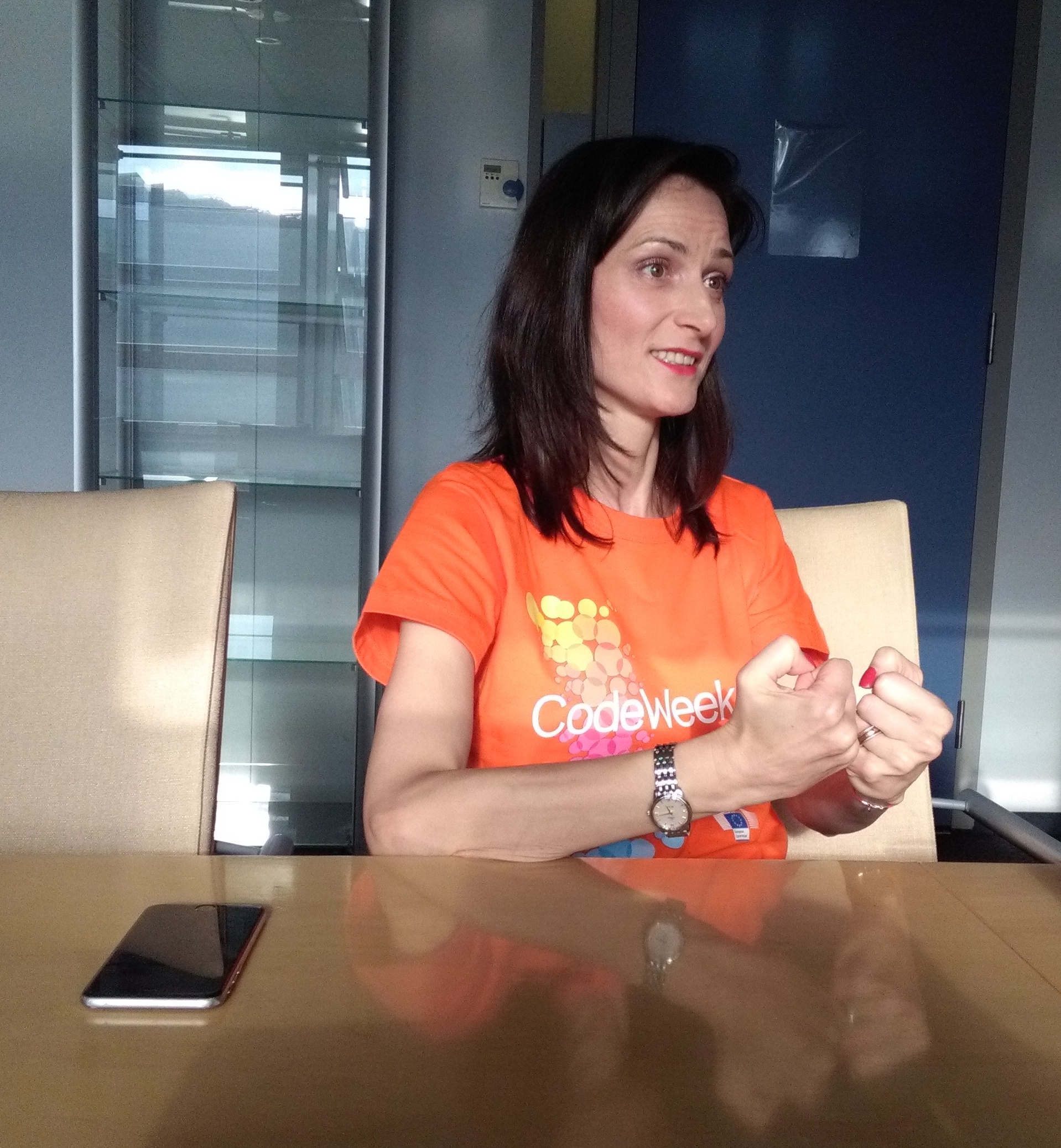There is a lack of women in the future 2014 Commission. A real political problem…

(BRUXELLES2 - exclusive) B2 has just given a final overview of the composition of the future European Commission. By taking stock of what could happen in the 28 Member States, we have determined the possible, probable or potential names. An article published in our "Club" section (read: Elections 2014. Which commissioners would stay? Who will replace them? II).
Low number of women
Among the lessons of this overview, one strikes the eye and deserves a particular comment: the very low number of women proposed or nominated.
According to our count, only 5 countries have proposed or have a woman among the possible candidates (Bulgaria, Denmark, Greece, Ireland, the Netherlands). Which is very, very low! In all the others, the names of men are proposed or circulated. And even...
In these five countries, women face "competition" from one or more men who are "nominated" or want the job. Thus only one woman is assured of firm support from her Member State (Denmark). And, in the States which already have a "designated", "consolidated" or regularly cited name (see next §), there are only two women nominated out of ten. As for the big countries (France, Germany, United Kingdom, Italy, Spain, Poland), it's simple, there are no women among the nominees.
A real political problem
This inequality is a "real" political problem. which could upset current forecasts, forcing some countries to reconsider their internal balances, projects or promises. There are 9 women today in the current Commission. And these "women" were not unworthy. On the contrary (*). And that seems like a minimum. The bar of at least one third of women is today a symbolic bar which cannot be crossed without causing problems for the man who led to the appointment of the High Representative in 2009. This means that at least eight countries that are undecided or have already decided in favor of a male candidate will have to change their minds. This also means that the countries which propose a competent woman will have a better chance of having the portfolio desired or important. Notice to amateurs!
Comments
Introduce parity in the appointment of commissioners
An informal rule should be put in place, obliging each Member State to propose a woman et a man in the positions concerned. Balances would thus be easier to find. This would also facilitate a more democratic choice both at the level of the Member States and of the European Parliament. Rather than "forcing" this or that country to reconsider its choice, because the others have all proposed men, or finding a candidate in a hurry, because he was not selected, this would also avoid the moments of crisis which have presided over each appointment of the Commission for 10 years (**). The personality not selected by the Council would become "substitute" and could be appointed if the holder does not pass the ramp of the European Parliament. Nothing stands in the way of this modality, which can be established without changing a word of the Treaties. It is even in keeping with the spirit of the latest reforms which intended to instill an additional dose of democratic control in this appointment procedure which has often been opaque.
Reviewing an archaic mode of appointment
More generally, when we look at the method of appointing European Commissioners, it is now archaic, giving free rein to each Member State, sometimes in a totally autocratic manner, to appoint whoever it wants. A bit like the Prince of old who sent one of his "proteges" to a distant trading post, sometimes to benefit him, often to get rid of him.. With a bit of luck, the person will be competent, placed in a position where they will have competence, a desire to act, a certain freedom of action and can be truly effective. It would be good, however, not to count only on chance and the multiplication of conditions but to reverse the trend: increase the chances of efficiency, reduce the obstacles to incompetence... In the XNUMXth century, this behavior was tolerated. Not in the XNUMXst.
(Nicolas Gros-Verheyde)
(*) If we take the top commissioners who have succeeded in their career, both personally and politically, we find at least - according to the criteria found - 3 women among them: K. Georgieva, C. Malmström, V. Reding.
(**) In 2004, the Italian Buttiglione sent home and Barroso I forced to review the composition of the college in disaster. In 2009-2010, the British C. Ashton propelled at the last minute to the post of High Representative and the Bulgarian Jeleva, ill-prepared, dismissed by the European Parliament as a response to her humiliation in the appointments



